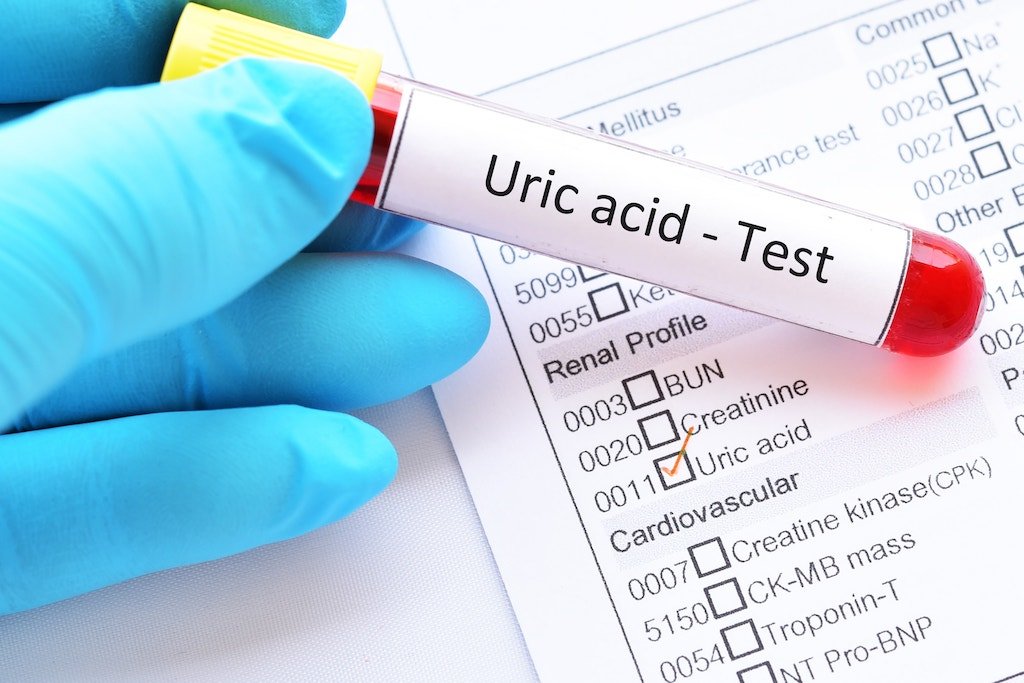Androsclerosis
Member
- Joined
- Apr 1, 2021
- Messages
- 296
Not only that honey is antiinflamatory and antimicrobial but it also speeds up bone fracture recovery.
" This animal study was performed on 24 wild-type Wistar rats. Following shaving, disinfection, and extraoral incision, a 2 × 2 mm defect was created at mandibular angle."
"After 4 weeks, the defects were filled in four samples of the experimental group, while all samples of the control group were in the mineralization stage (p = 0.002). Histomorphometric assessment revealed that the mean new bone formation in the experimental group was significantly more than the control group, both after 2 and 4 weeks (p = 0.041)."

 pubmed.ncbi.nlm.nih.gov
pubmed.ncbi.nlm.nih.gov
"Thirty-two rats that underwent experimental femur fracture and then fixation were randomly allocated in one of four groups: two control groups (Control-3w and Control-6w) and two treatment groups (Propolis-3w and Propolis-6w)"
"Radiological healing in the propolis group after 15-day therapy was statistically better than in the control (p = 0.004) and normal honey (p = 0.006) groups. After 30-day therapy, healing in the propolis group (p = 0.005) and grayanotoxin-containing "mad honey" group (p = 0.007) were significantly better than in the control group."

 pubmed.ncbi.nlm.nih.gov
pubmed.ncbi.nlm.nih.gov
This recovery can be related to the fact that honey increased antioxidants, thus metabolism.
" Seven men and three women (mean age, 31.2 years; range, 20-45 years) received a strictly controlled regular diet during a 2-week control period, followed by the regular diet supplemented with daily consumption of 1.2 g/kg body weight honey dissolved in 250 ml of water during a 2-week test period.
Results showed that honey increased antioxidant agents. It increased blood vitamin C concentration by 47%, beta-carotene by 3%, uric acid by 12%, and glutathione reductase by 7%. Honey increased serum iron by 20% and decreased plasma ferritin by 11%. It increased the percentage of monocytes by 50%, and increased lymphocyte and eosinophil percentages slightly. Honey reduced serum immunoglobulin E by 34% and increased serum copper by 33%. It decreased aspartate transaminase by 22% and alanine transaminase by 18%. Honey markedly reduced lactic acid dehydrogenase by 41%, decreased creatinine kinase by 33%, and reduced fasting blood sugar by 5%."

 pubmed.ncbi.nlm.nih.gov
pubmed.ncbi.nlm.nih.gov
I believe honey can be one of the most potent antioxidants out there. Not only protects us against bacteria, but also reduces our blood sugar. I can see it as a perfect fit to use it as a the primary source of carbs if fresh fruit is not available.
" This animal study was performed on 24 wild-type Wistar rats. Following shaving, disinfection, and extraoral incision, a 2 × 2 mm defect was created at mandibular angle."
"After 4 weeks, the defects were filled in four samples of the experimental group, while all samples of the control group were in the mineralization stage (p = 0.002). Histomorphometric assessment revealed that the mean new bone formation in the experimental group was significantly more than the control group, both after 2 and 4 weeks (p = 0.041)."

A Comparison of the Effects of Grayanotoxin-Containing Honey (Mad Honey), Normal Honey, and Propolis on Fracture Healing - PubMed
This study shows that grayanotoxin-containing "mad honey" and propolis can accelerate fracture healing.
"Thirty-two rats that underwent experimental femur fracture and then fixation were randomly allocated in one of four groups: two control groups (Control-3w and Control-6w) and two treatment groups (Propolis-3w and Propolis-6w)"
"Radiological healing in the propolis group after 15-day therapy was statistically better than in the control (p = 0.004) and normal honey (p = 0.006) groups. After 30-day therapy, healing in the propolis group (p = 0.005) and grayanotoxin-containing "mad honey" group (p = 0.007) were significantly better than in the control group."

Effects of propolis on fracture healing: an experimental study - PubMed
Propolis is a substance of honeybee origin with known antioxidant effects. The purpose of this study was to examine the effects of propolis on fracture healing and the antioxidant system in an experimental setting. Thirty-two rats that underwent experimental femur fracture and then fixation were...
This recovery can be related to the fact that honey increased antioxidants, thus metabolism.
" Seven men and three women (mean age, 31.2 years; range, 20-45 years) received a strictly controlled regular diet during a 2-week control period, followed by the regular diet supplemented with daily consumption of 1.2 g/kg body weight honey dissolved in 250 ml of water during a 2-week test period.
Results showed that honey increased antioxidant agents. It increased blood vitamin C concentration by 47%, beta-carotene by 3%, uric acid by 12%, and glutathione reductase by 7%. Honey increased serum iron by 20% and decreased plasma ferritin by 11%. It increased the percentage of monocytes by 50%, and increased lymphocyte and eosinophil percentages slightly. Honey reduced serum immunoglobulin E by 34% and increased serum copper by 33%. It decreased aspartate transaminase by 22% and alanine transaminase by 18%. Honey markedly reduced lactic acid dehydrogenase by 41%, decreased creatinine kinase by 33%, and reduced fasting blood sugar by 5%."

Effects of daily consumption of honey solution on hematological indices and blood levels of minerals and enzymes in normal individuals - PubMed
Seven men and three women (mean age, 31.2 years; range, 20-45 years) received a strictly controlled regular diet during a 2-week control period, followed by the regular diet supplemented with daily consumption of 1.2 g/kg body weight honey dissolved in 250 ml of water during a 2-week test...
I believe honey can be one of the most potent antioxidants out there. Not only protects us against bacteria, but also reduces our blood sugar. I can see it as a perfect fit to use it as a the primary source of carbs if fresh fruit is not available.


